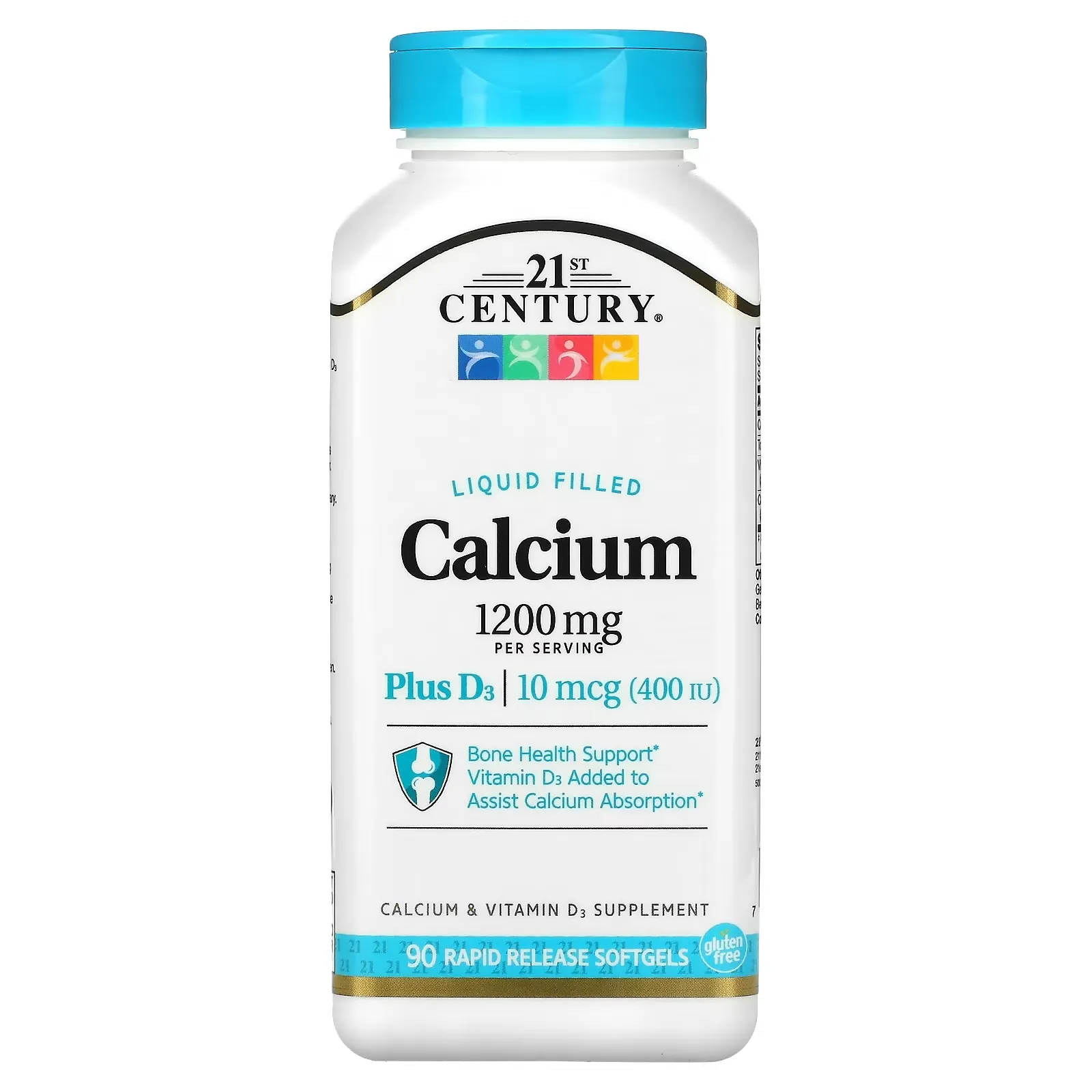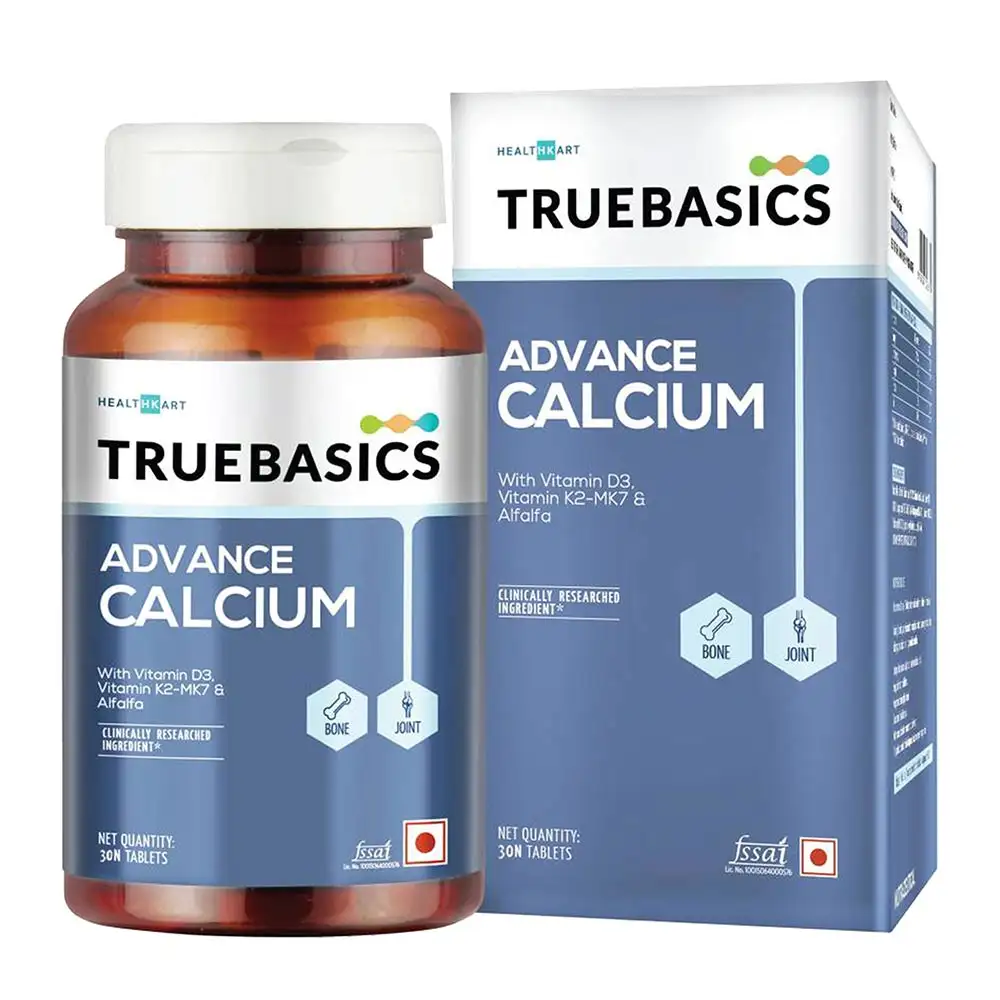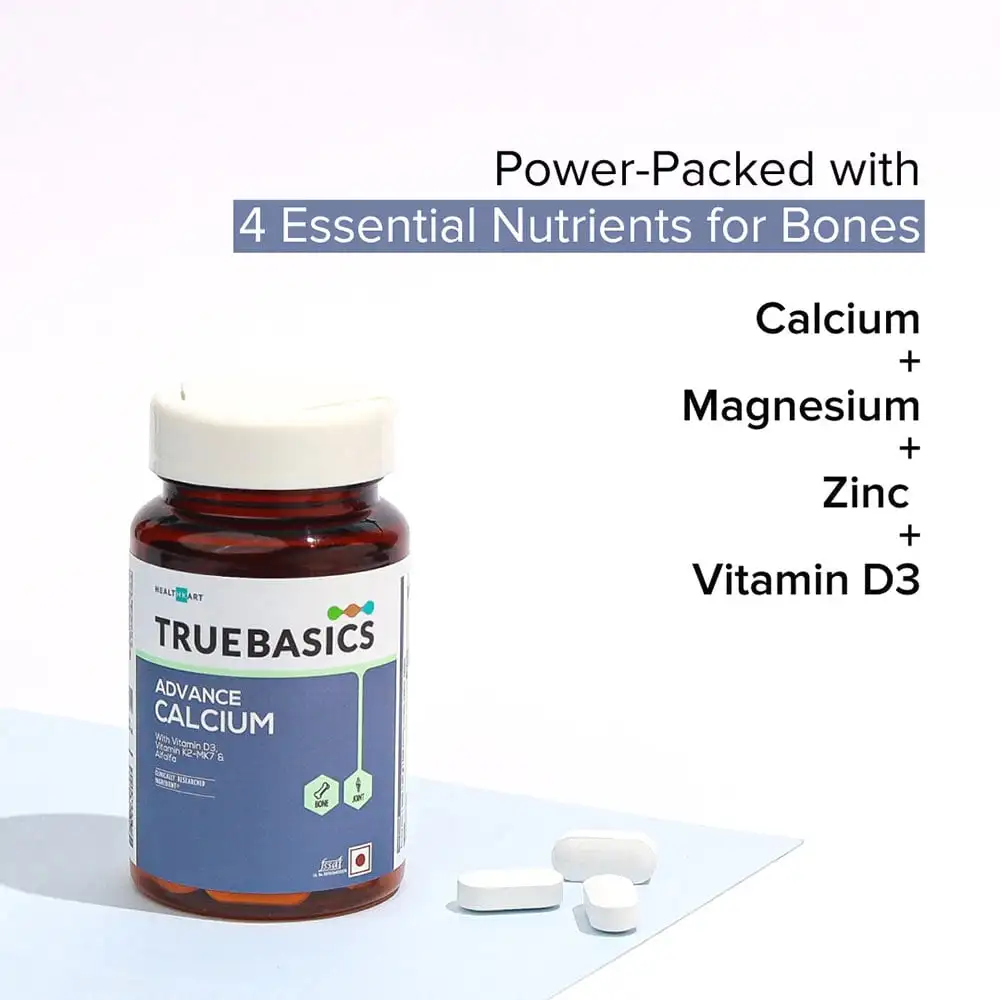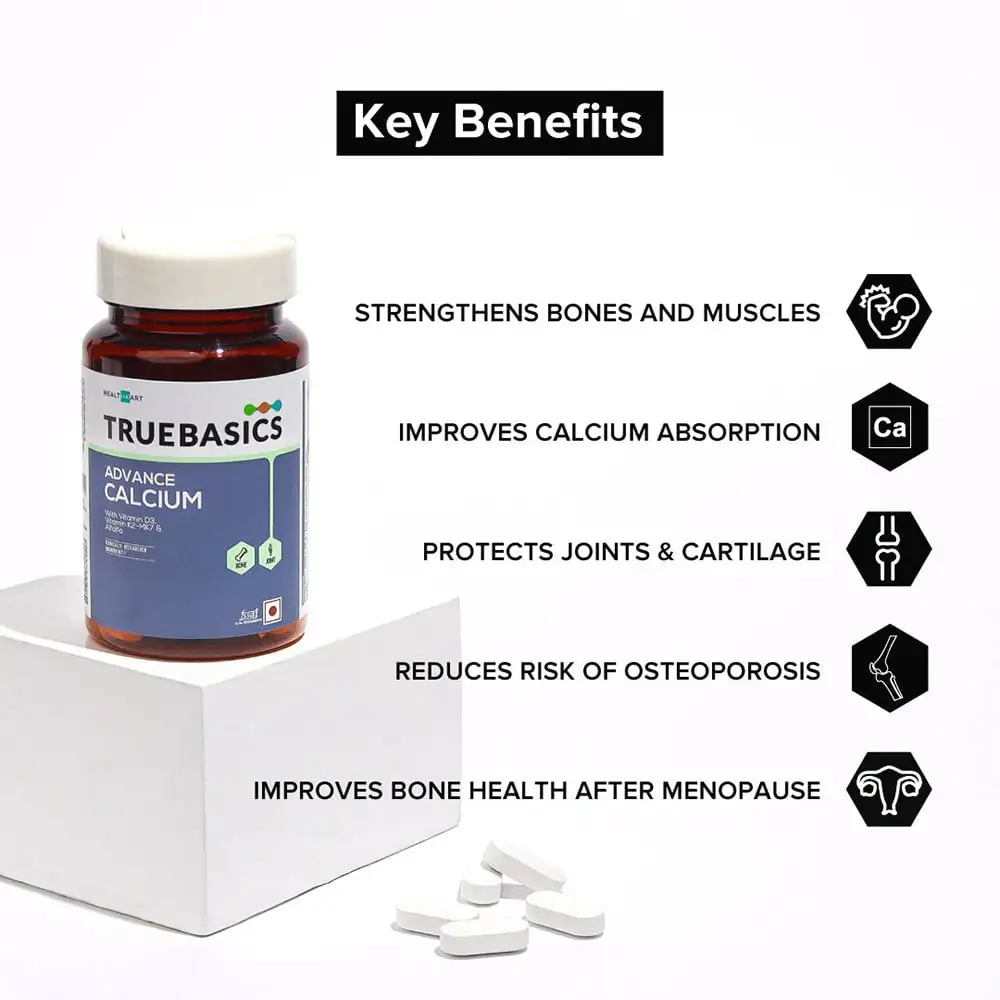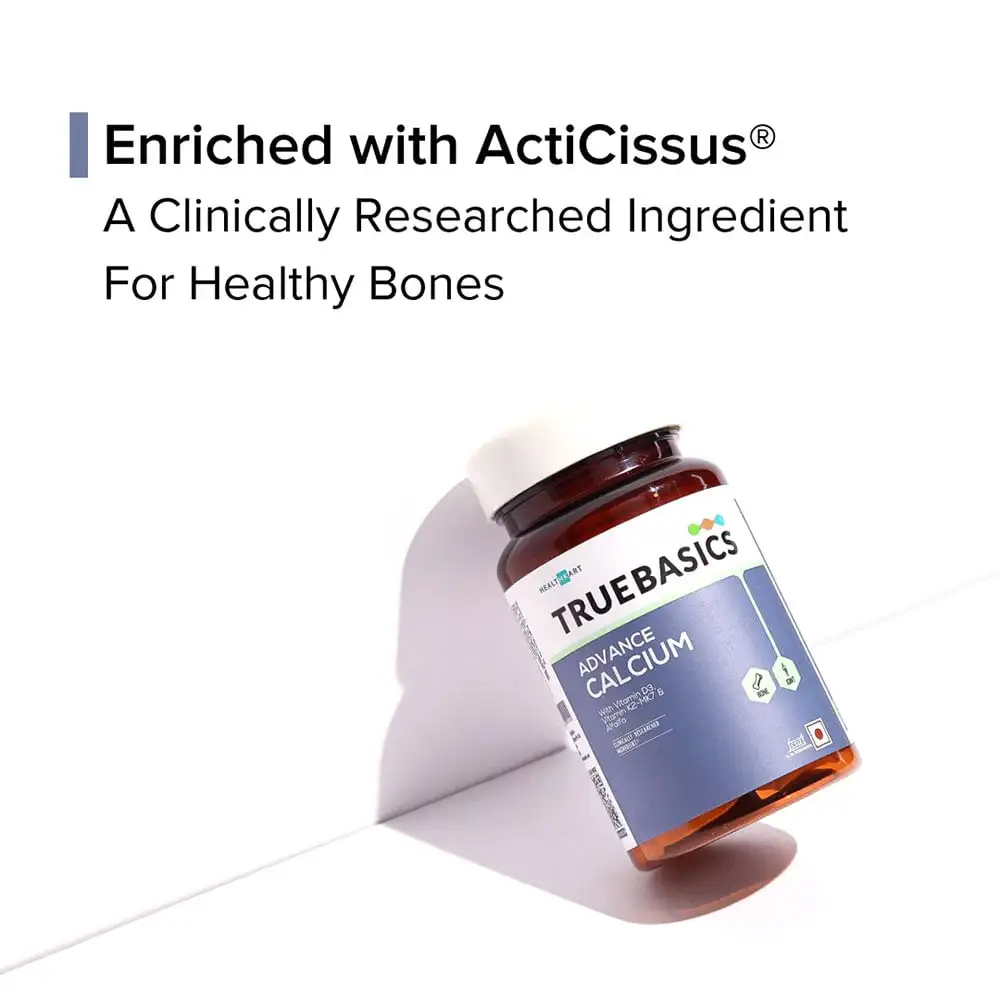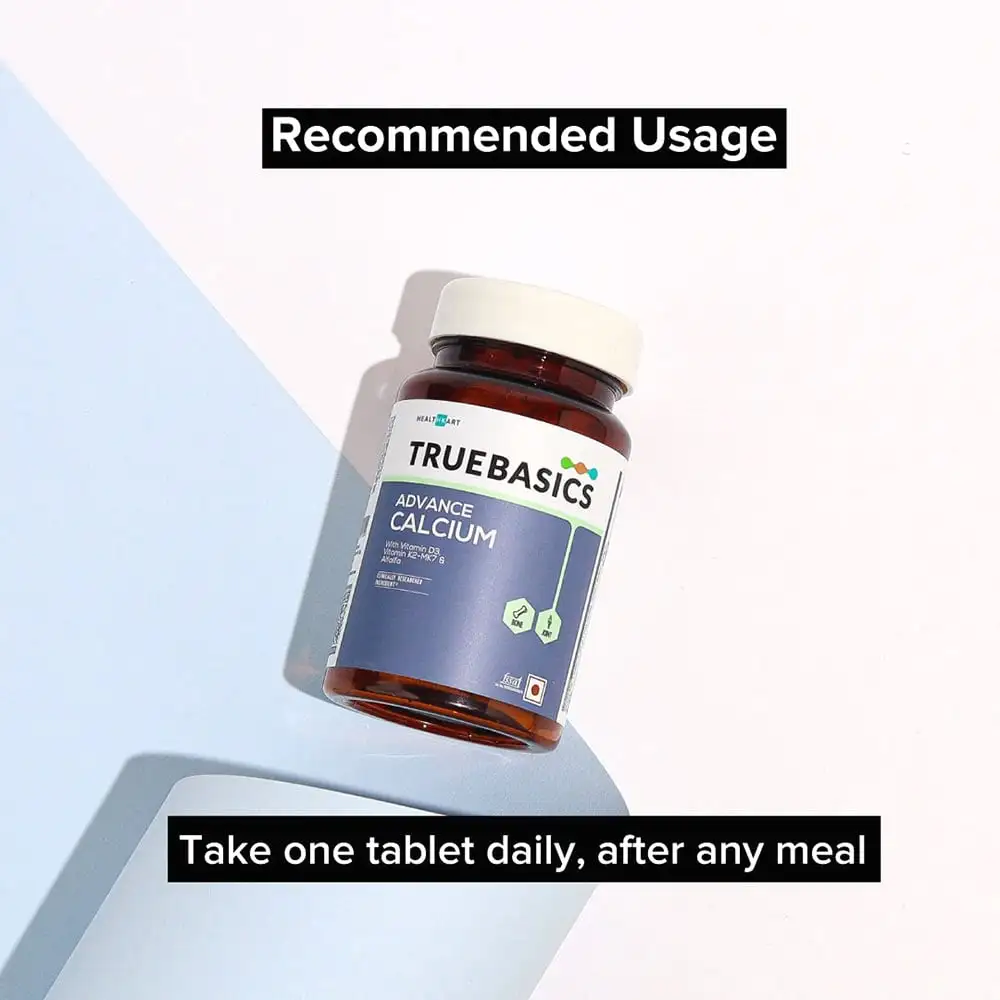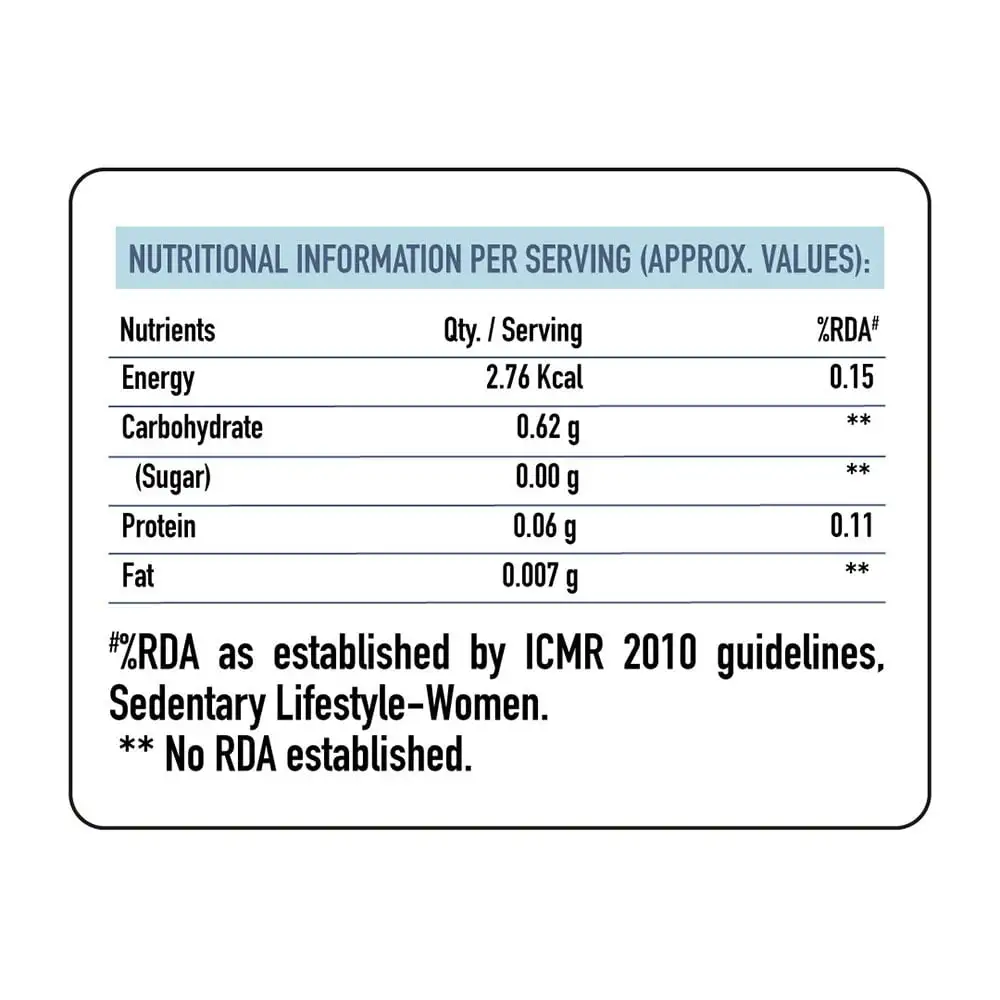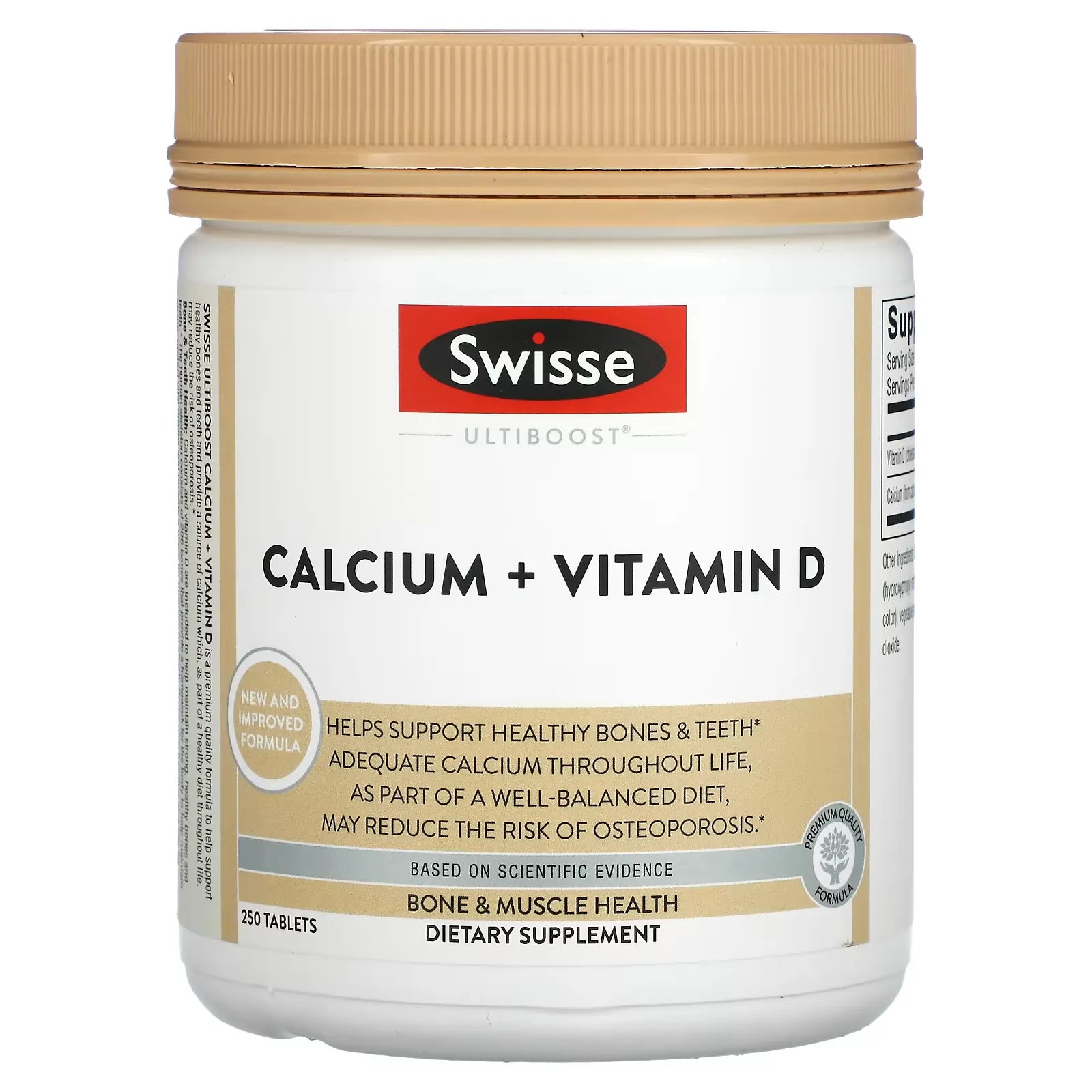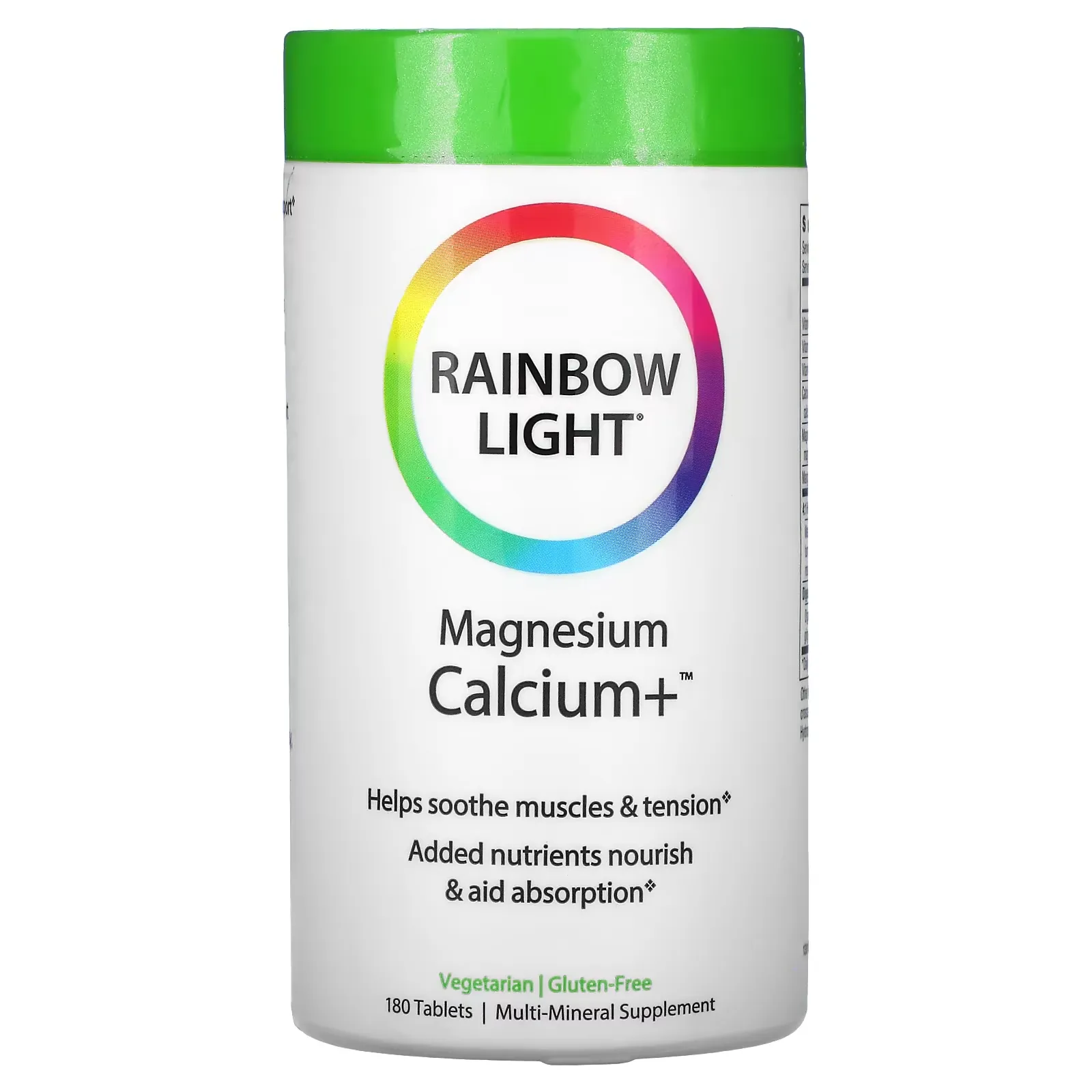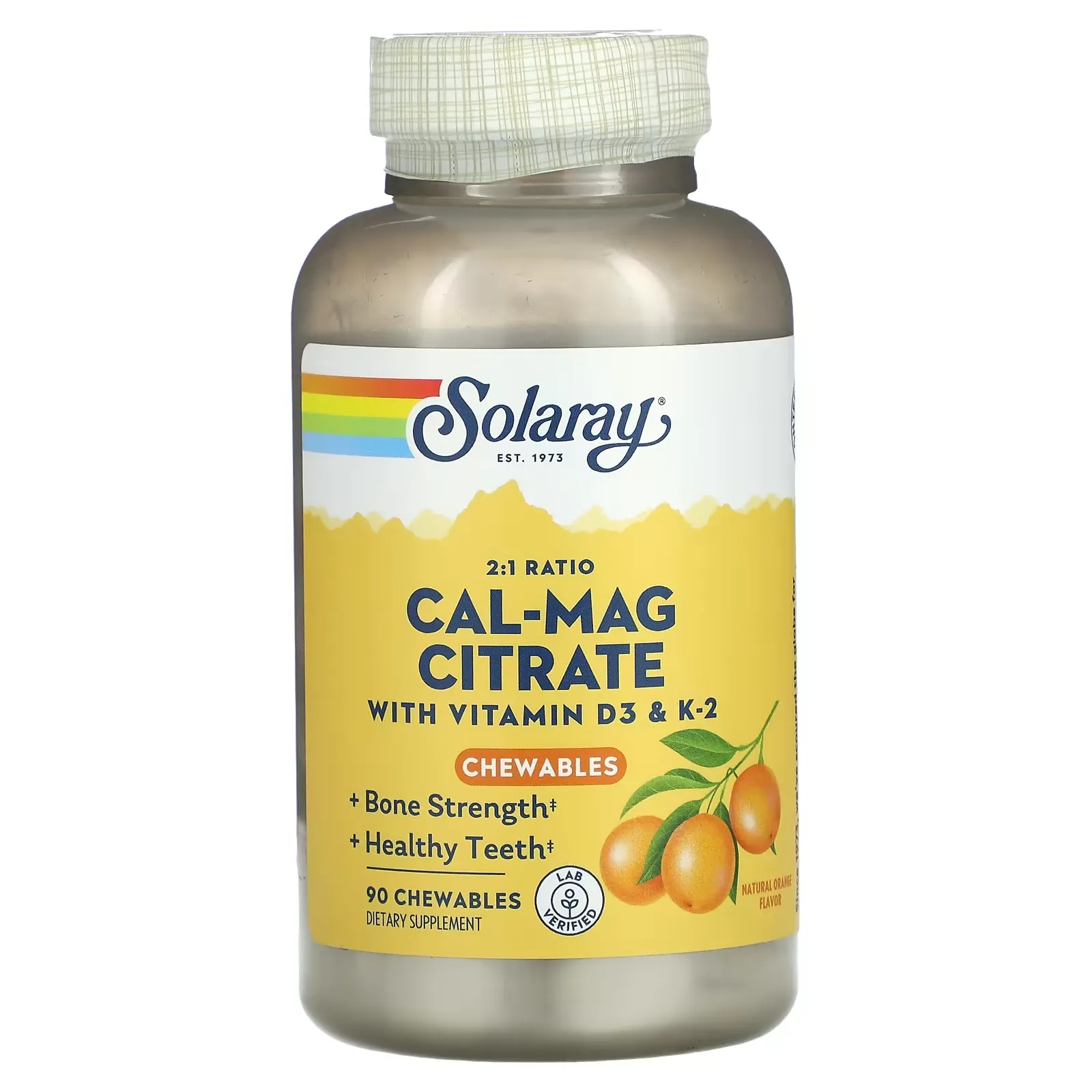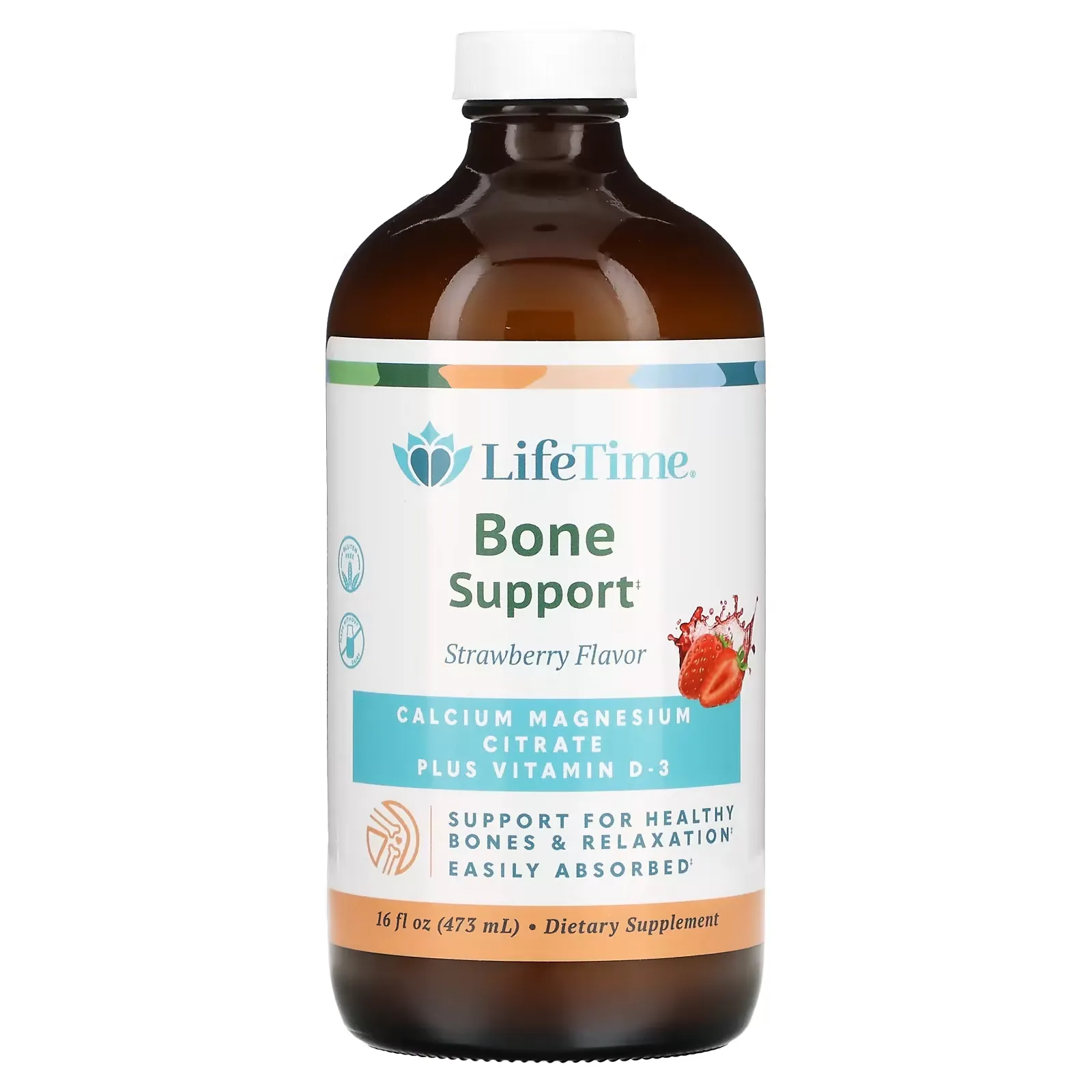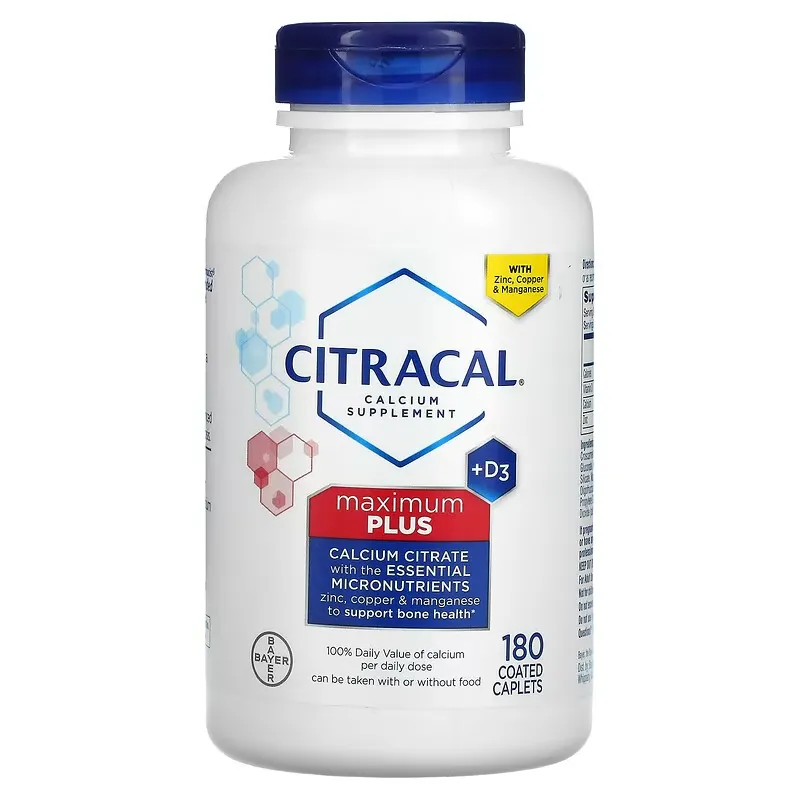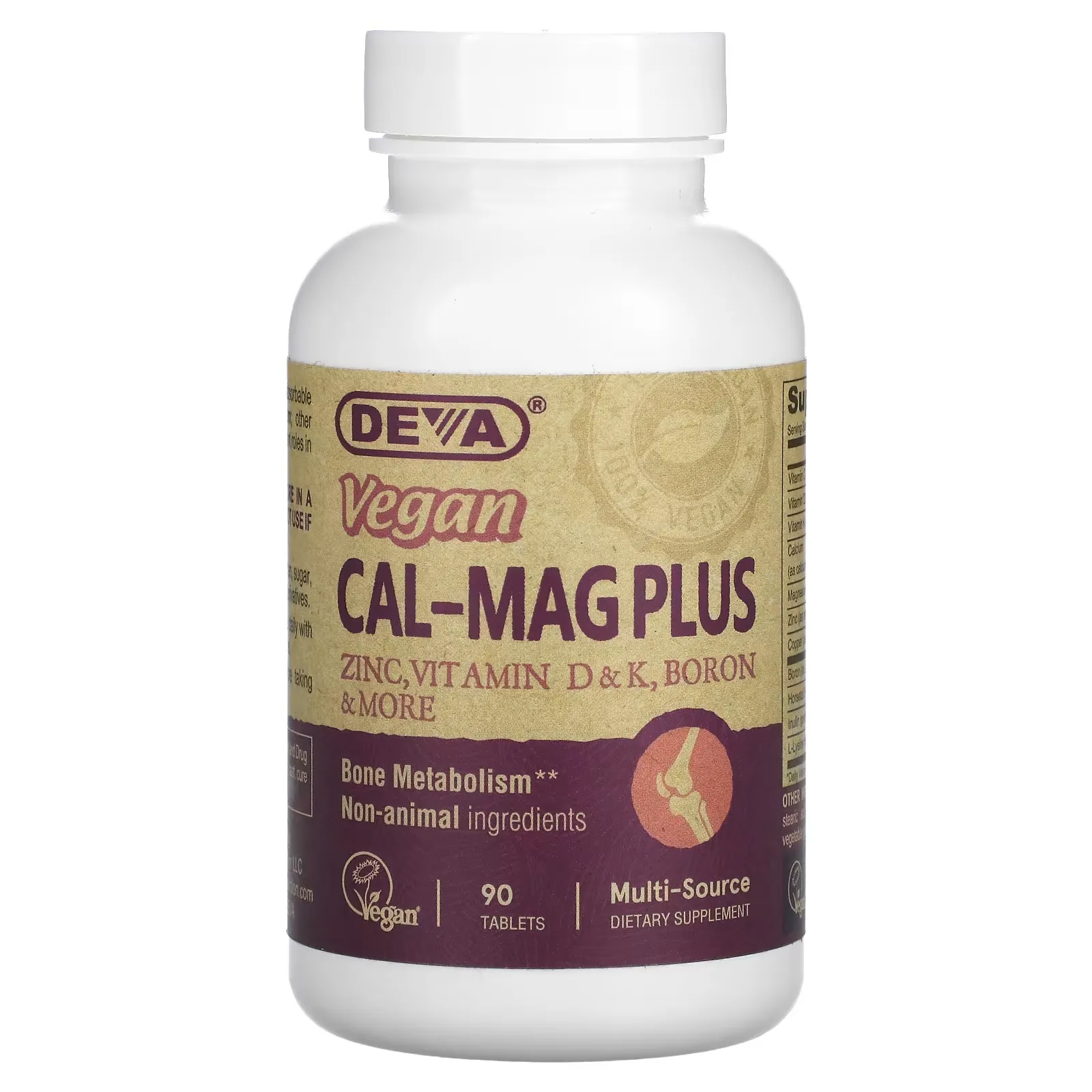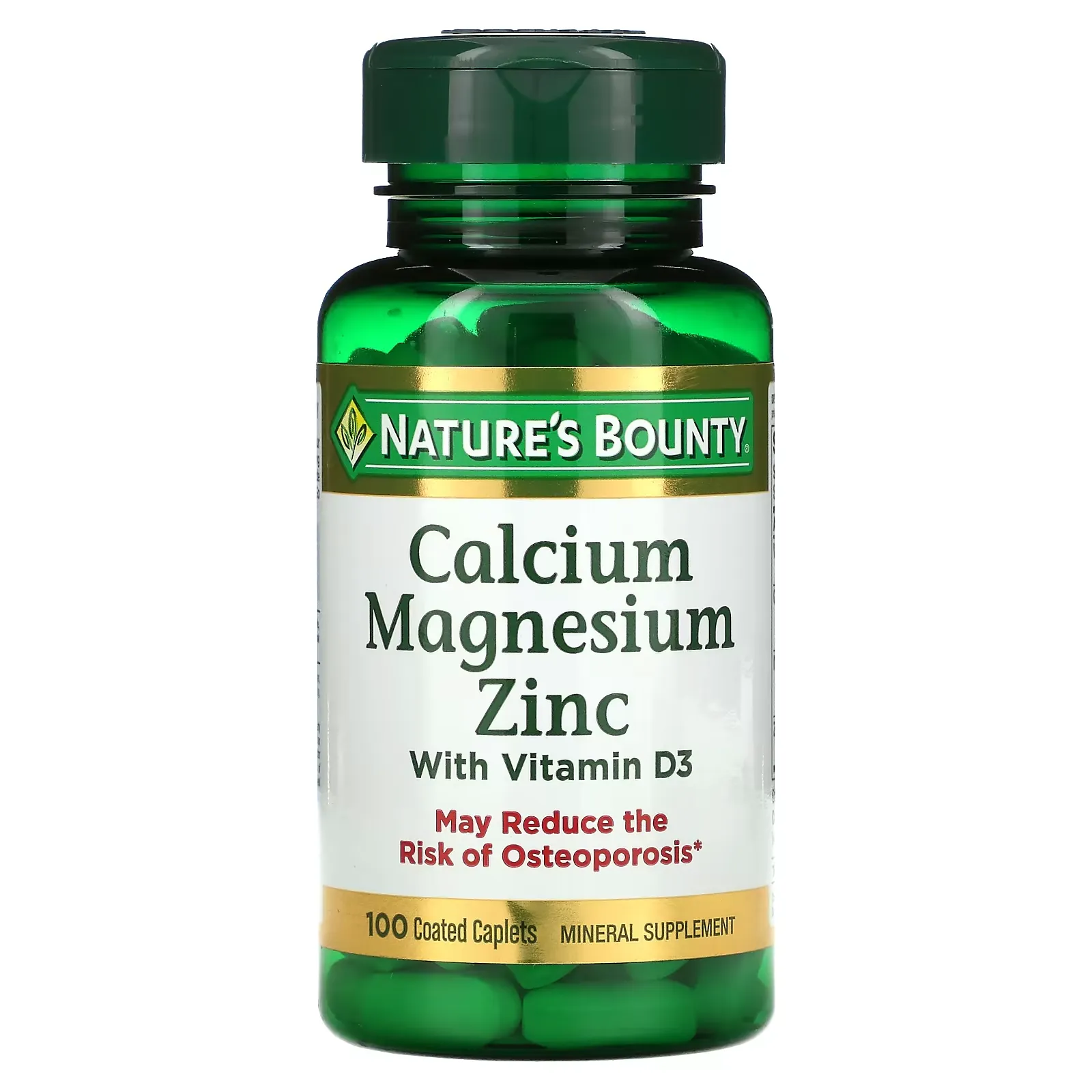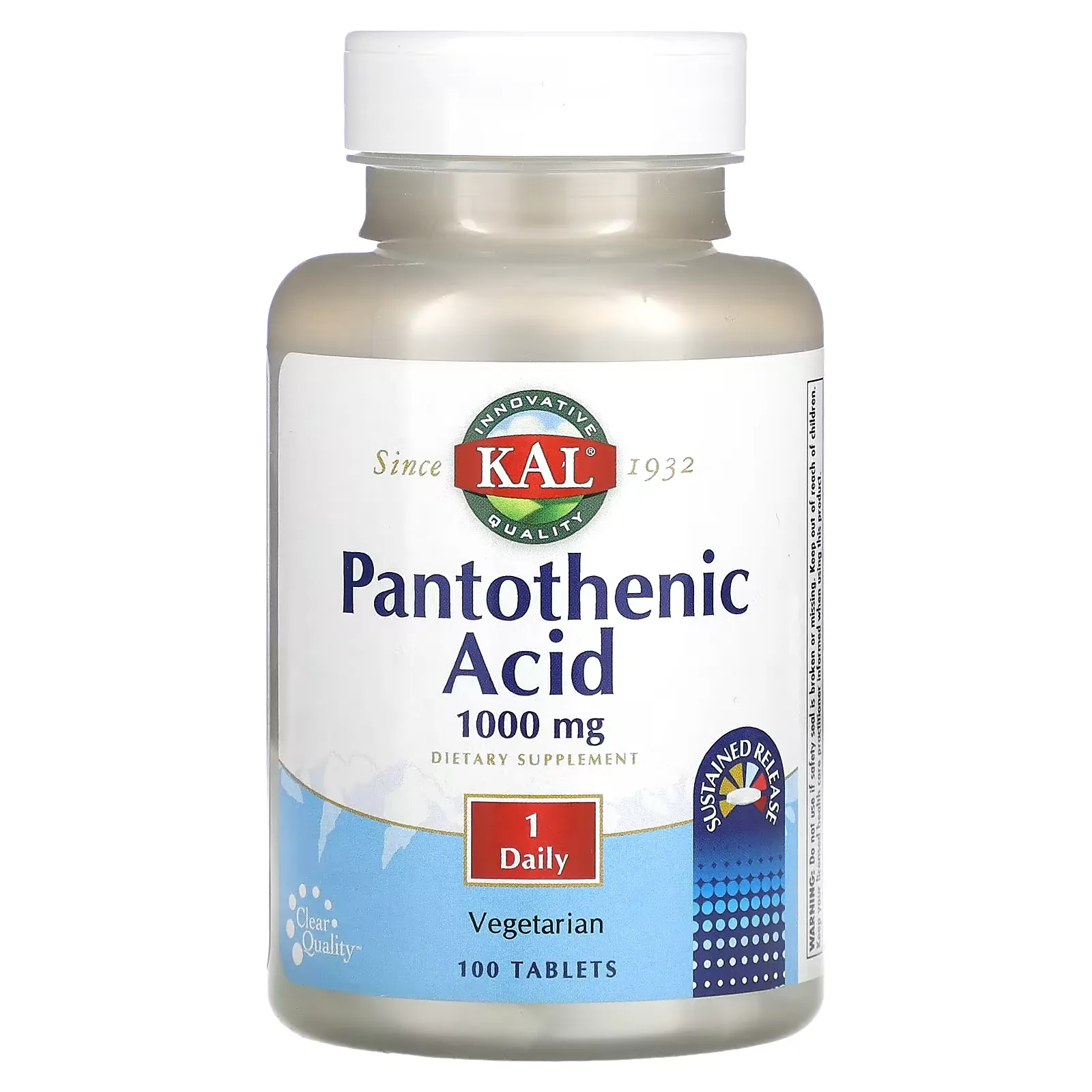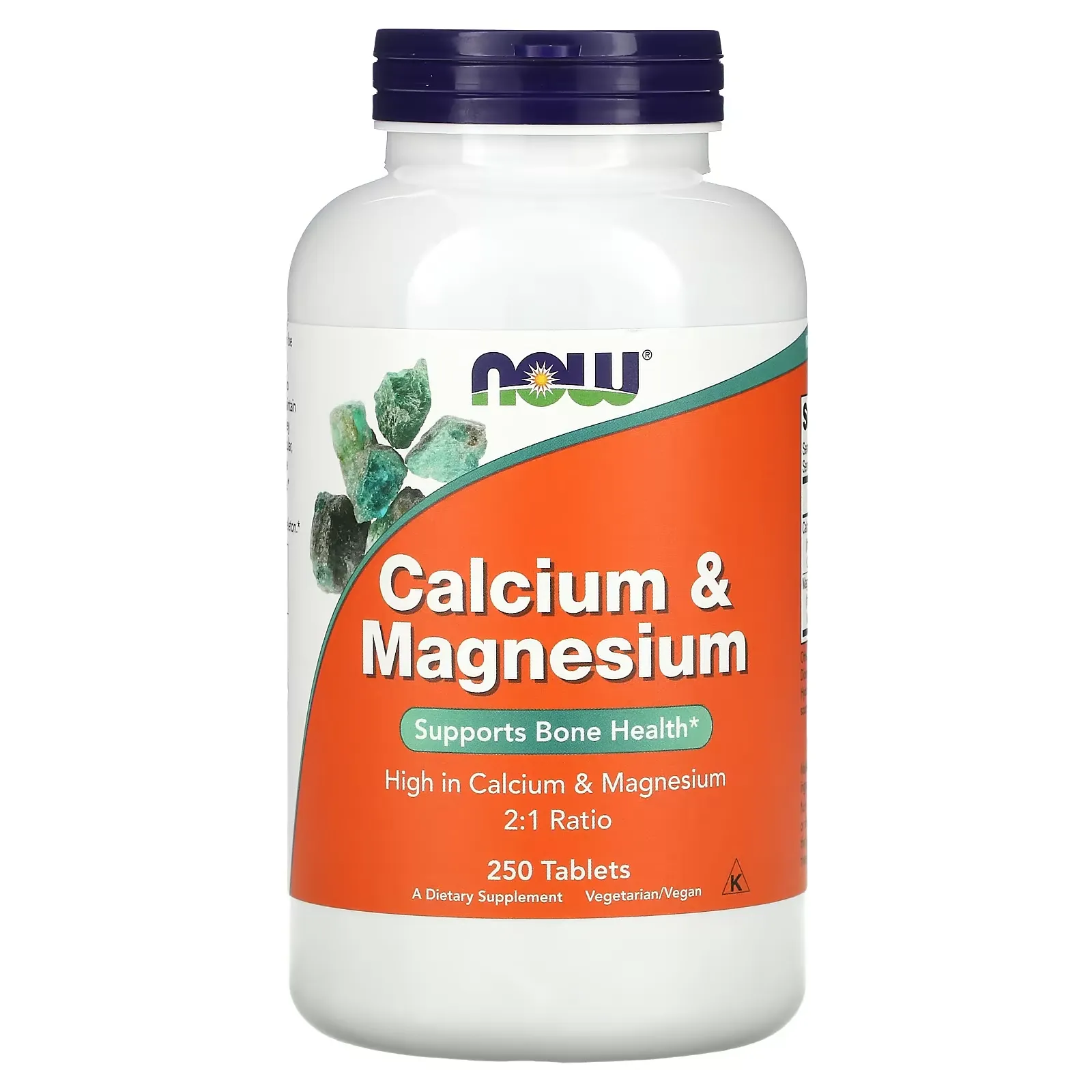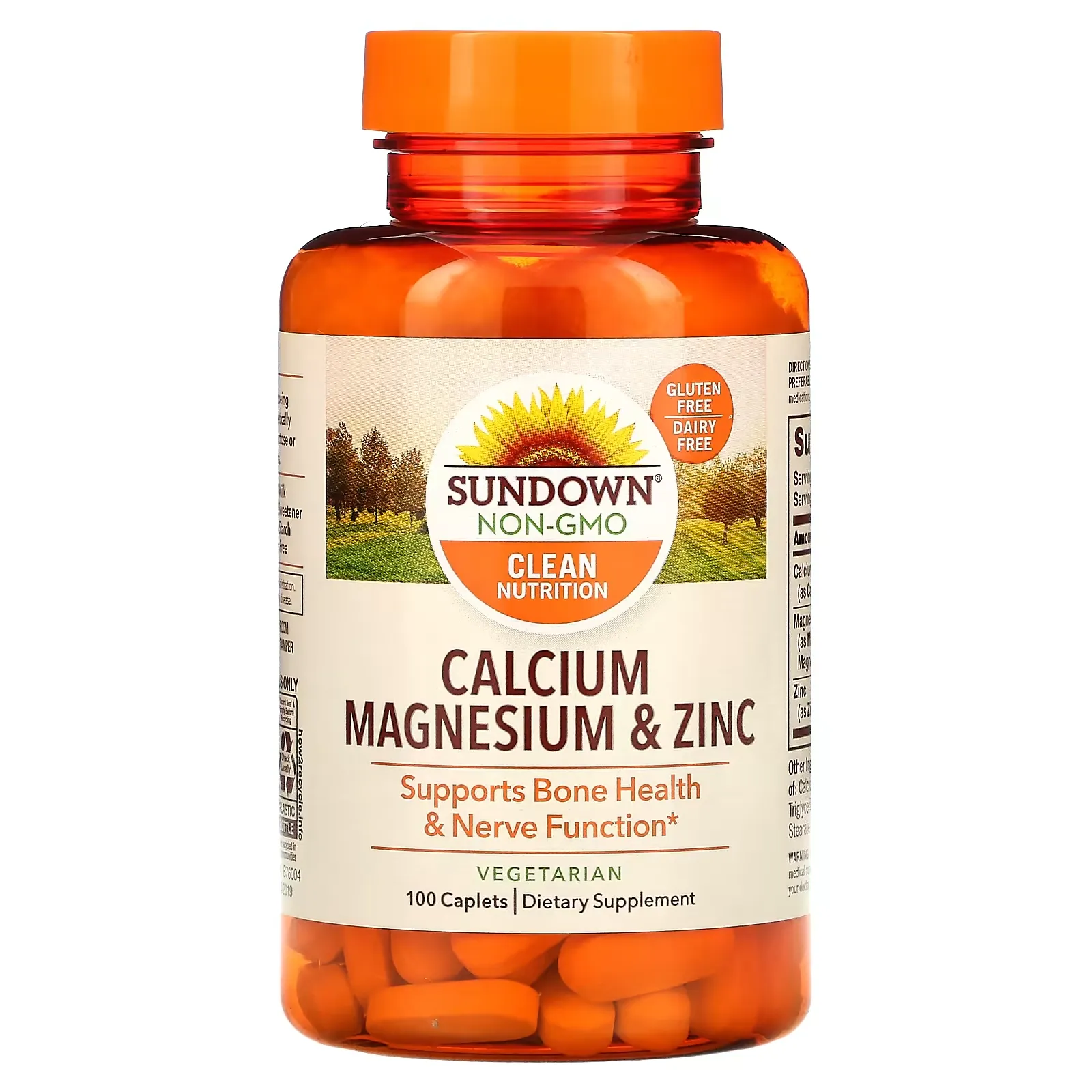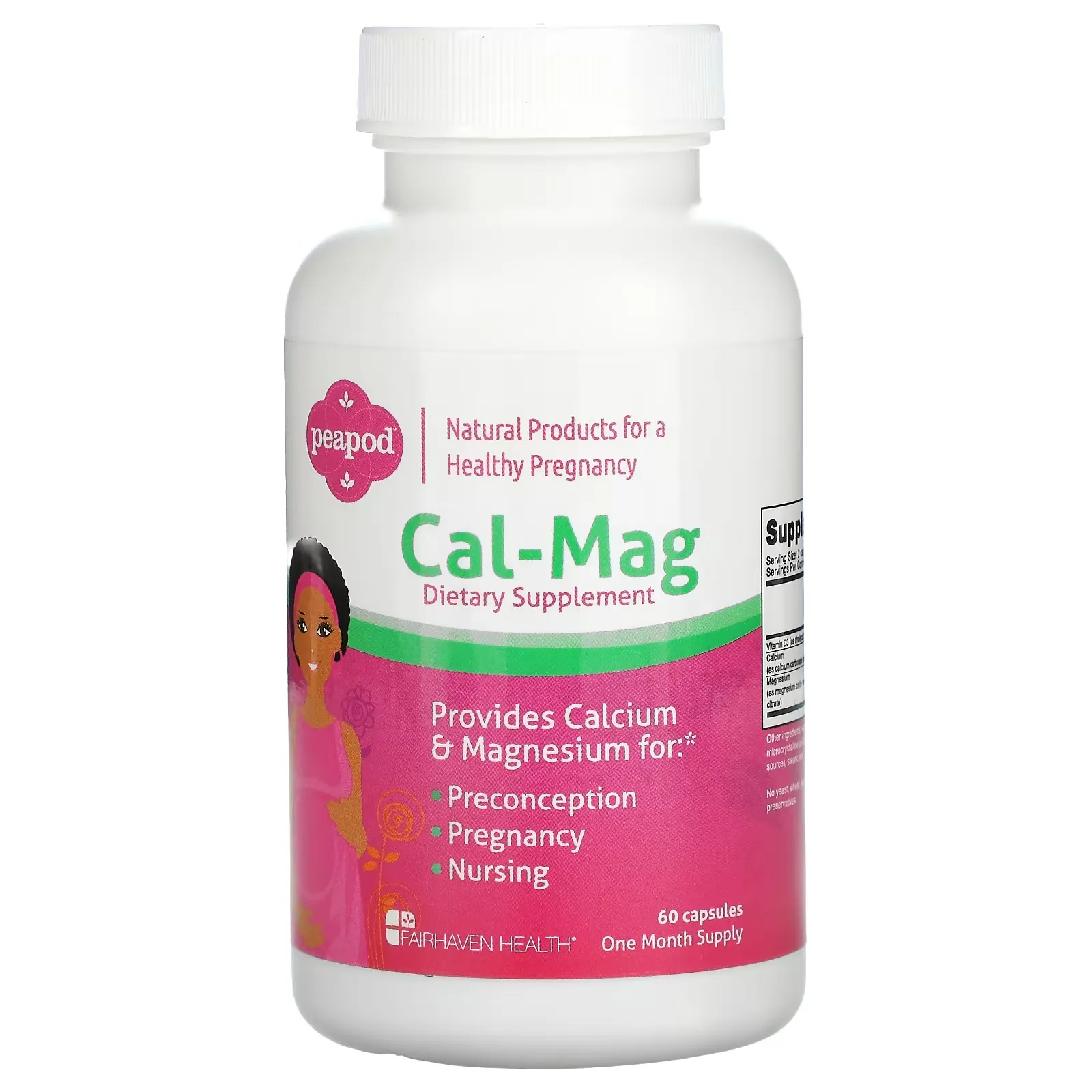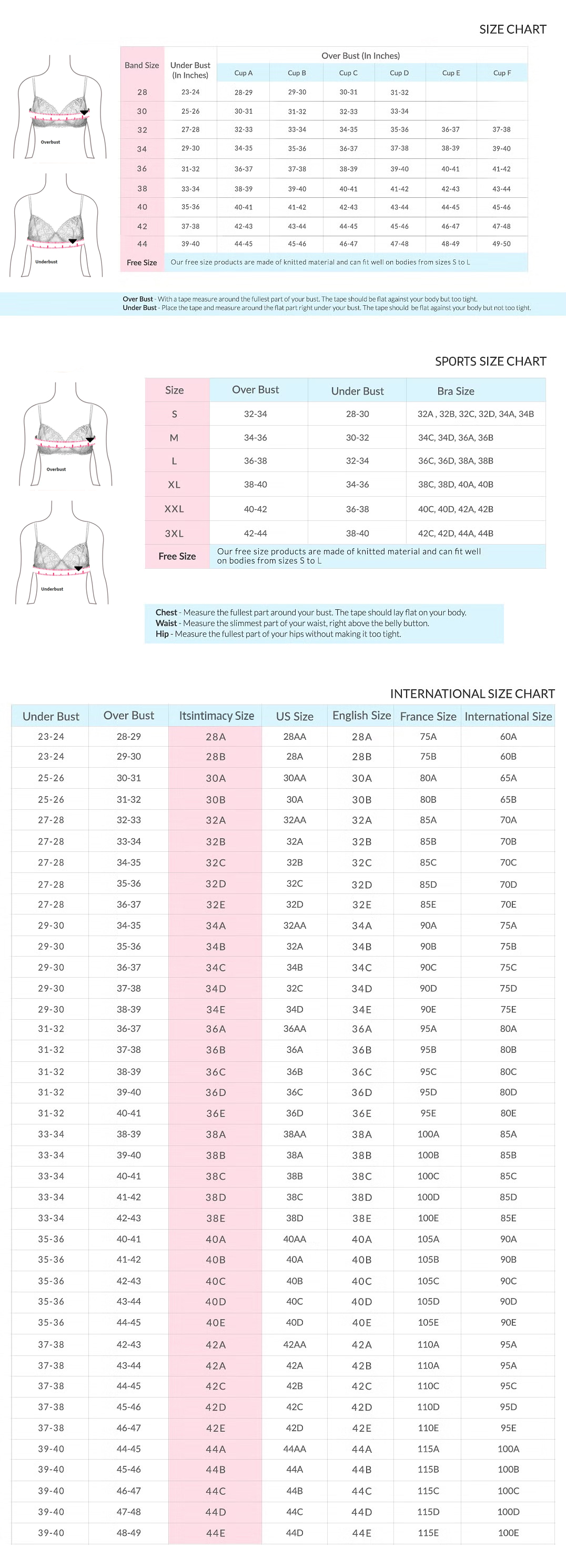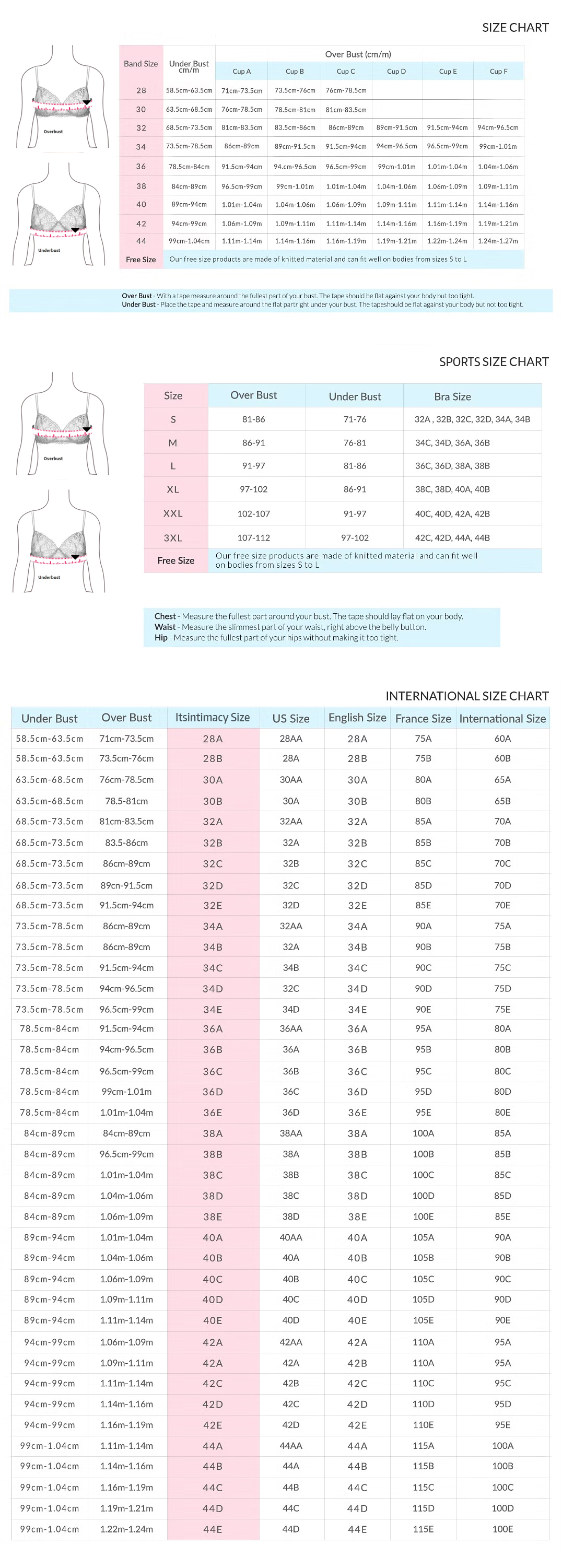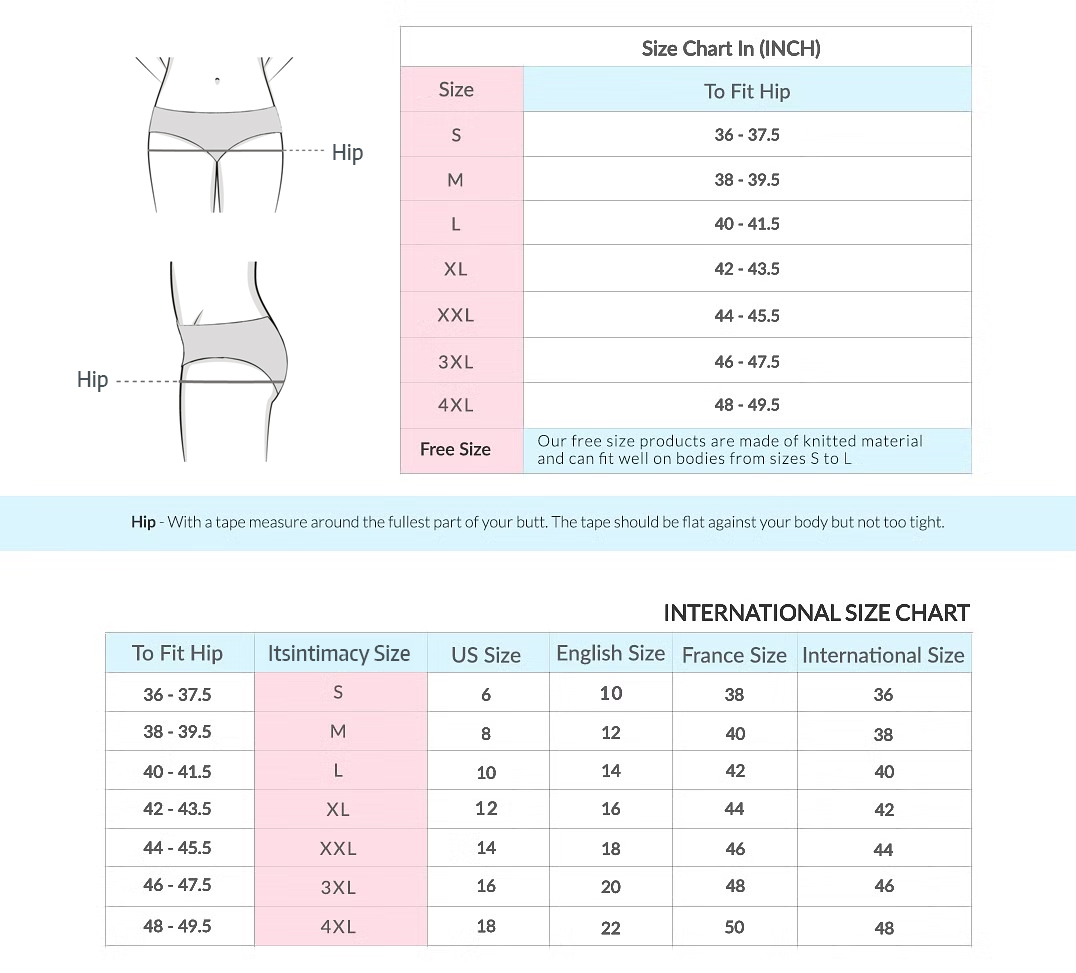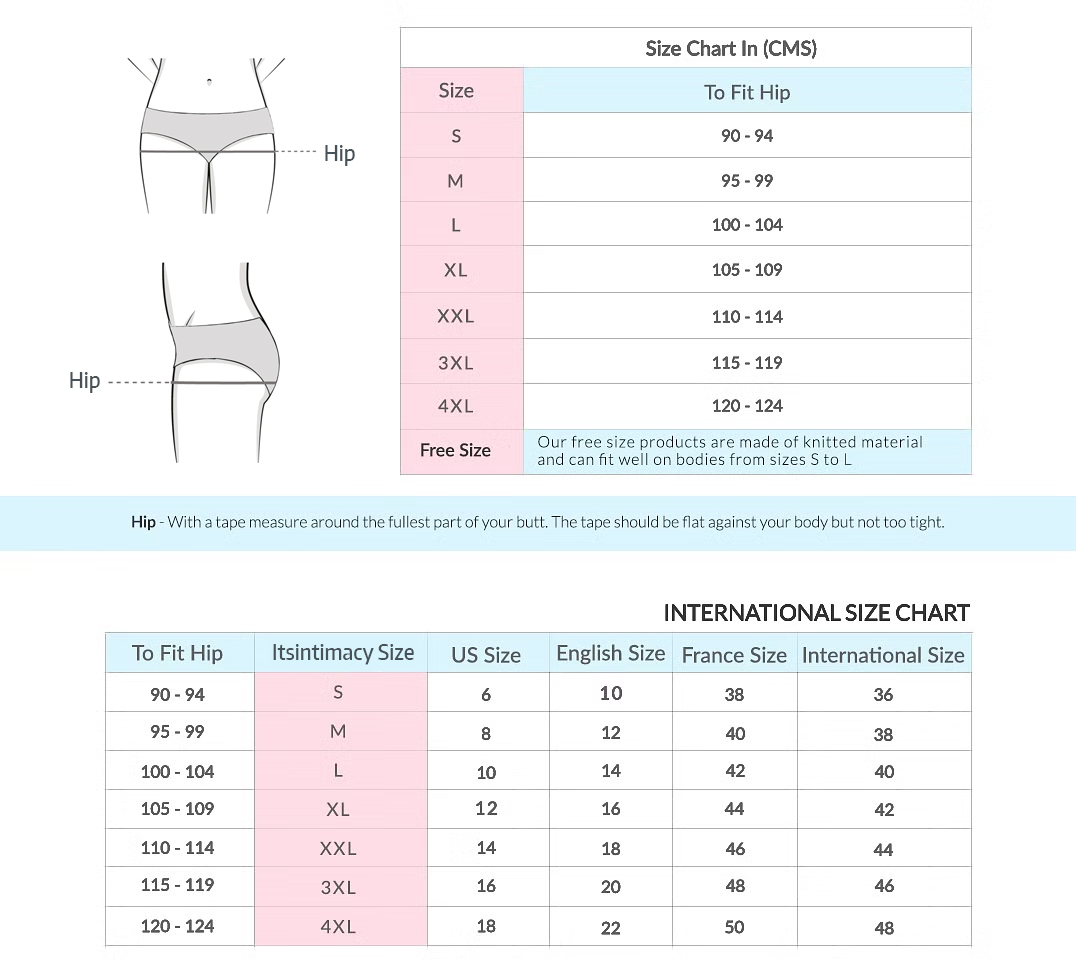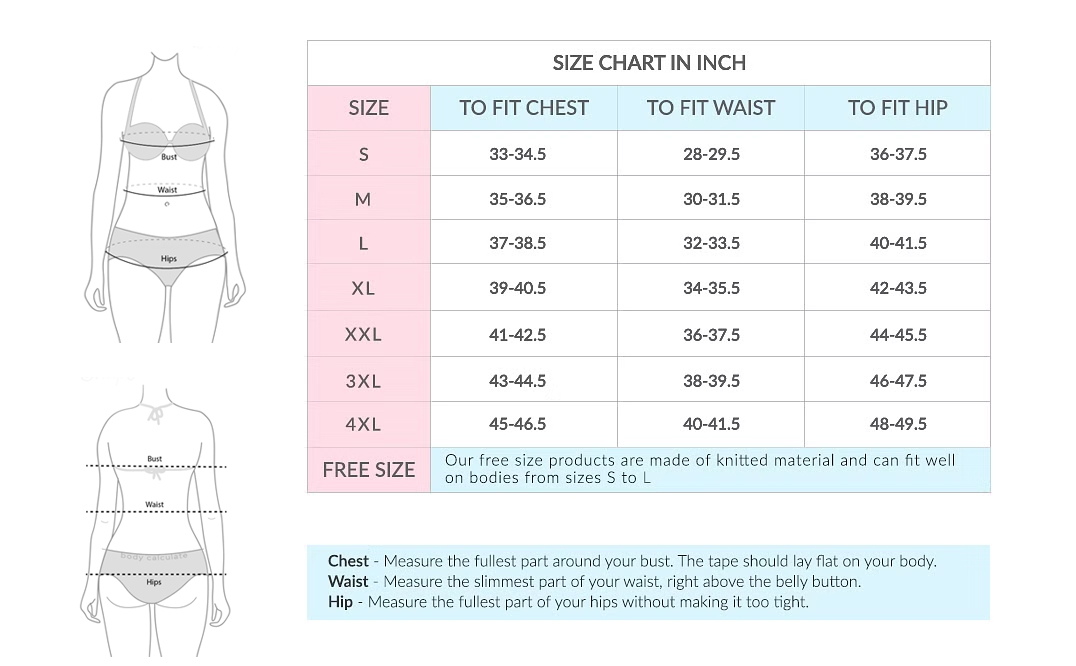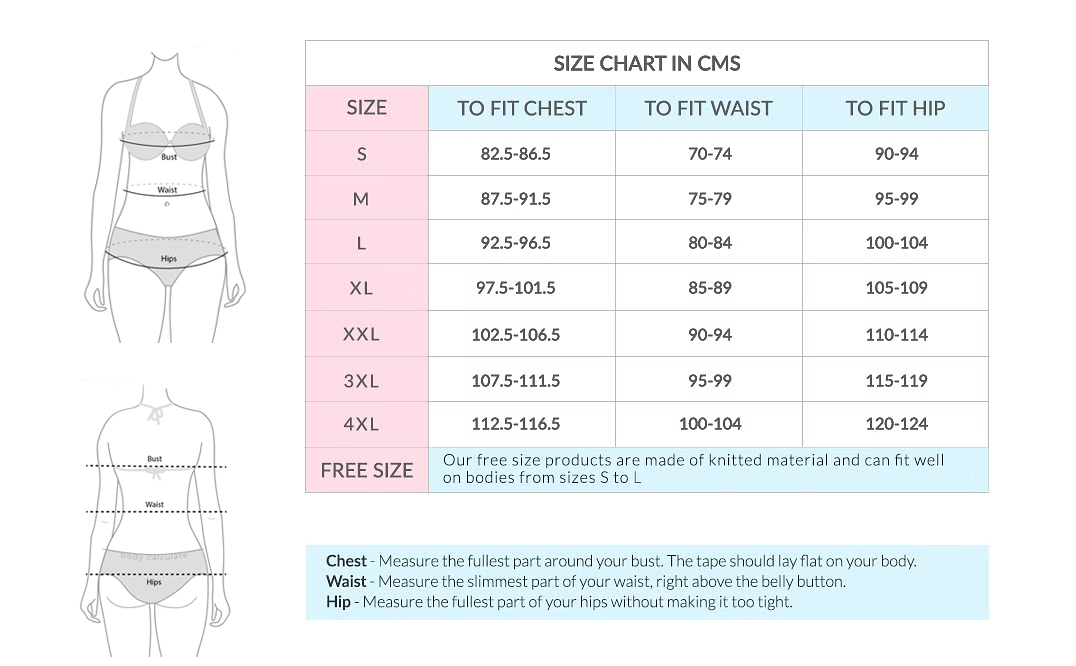Product Details
- TrueBasics Advance Calcium (from the house of Healtgoodandcare) contains Calcium Citrate Malate (CCM), most bioavailable Calcium source, and 100% RDA of Vitamin D3 which together may improve bone density & strength
- Vitamin K2-MK7 in TrueBasics Advance Calcium (from the house of Healtgoodandcare) is essential for absorption of Calcium ensuring that Calcium reaches the bone & not arteries
- Goodness of Herbal extracts like Moringa, ActiCissus & Alfalfa help in bone mineralization & strengthening
- Essential minerals like Magnesium, Zinc, Boron, Copper, Manganese & Selenium play an important role in maintaining bone health
- TrueBasics Advance Calcium (from the house of Healtgoodandcare) helps in strengthening of bones & increasing bone density
Calcium is the most abundant mineral in the body. It has several important roles within the body, most notably for maintaining strong and healthy bones. In fact, about 99% of the Calcium in our body is stored in bones and teeth. Calcium also plays an important role in regulating muscle contractions. Vitamin D3 &; Vitamin K2-MK7 are essential for Calcium absorption and it’s usage in the body.
Diets often fall short of the recommended daily Calcium intake, particularly in individuals with higher needs, such as old adults and postmenopausal women. In addition, vegetarian diets tend to contain lower amount of nutrients like Calcium &; Vitamin D.
Poor Calcium and Vitamin D intake affect bone health and may lead to the development of Osteoporosis. Hence, supplementation of Calcium becomes critical.
TrueBasics Advance Calcium is a comprehensive nutrition supplement with most bioavailable Calcium along with Vitamin D3 &; Vitamin K2-MK7. It has added advantage of Magnesium, Zinc and several other ingredients that help in mineralization and strengthening of bone.
Why TrueBasics Advance Calcium?
TrueBasics Advance Calcium is a comprehensive nutrition supplement for bone health, containing the most bioavailable form of Calcium along with Vitamin D3, Vitamin K2-MK7, Magnesium, Zinc and several other ingredients that help maintain bone health.
Calcium from Calcium Citrate Malate, most bioavailable Calcium Source
- CCM (Calcium Citrate Malate) is the most bioavailable form of calcium
- Unlike other calcium sources CCM can be consumed with or without food
- CCM does not increase the risk of kidney stones
- CCM decreases bone fracture risk in the elderly, slows the rate of bone loss in old age, and benefits health and well-being of postmenopausal women. Read Research1 Research4
100% RDA (Recommended Dietary Allowance) of Vitamin D3
- The primary function of Vitamin D is the regulation of intestinal calcium absorption
- Vitamin D3 also helps in skeletal muscle strength Read Research1 Research4 Reserch 3
Vitamin K2-MK7 improves Calcium utilization for bone health
- Vitamin K2-7 inhibits arterial calcification and improves Calcium utilization for maintenance and improvement of bone mass and bone quality
- Epidemiological studies have related high Vitamin K2-7 intake in the diet to a significantly low rate of bone fractures. Vitamin K2-7 is found to be low in the Indian dietary items.
- Osteoblasts (bone forming cell) produce osteocalcin (protein). Osteocalcin influences bone mineralization through its ability to bind Calcium to the mineral component of bone, which in turn makes the skeleton stronger. But the newly made osteocalcin is inactive, and it needs Vitamin K2-7 to become fully activated and help calcium bind to the bone. Read Research1 Research4
Goodness of Herbal extracts like Moringa, Acticissus &; Alfalfa
- Alfalfa has high percentage of proteins, minerals, enzymes &; vitamins. It is a valuable source of Vitamins A &; E.
- Moringa Oleifera contains multiple micronutrients that play a critical role in bone health and Calcium absorption. Its wide range of medicinal value is due to its potent anti-inflammatory activity and anti-oxidant activity.
- ActiCissus contains high amount of Vitamin C and Vitamin A. It shows marked influence in bone healing due to quick mineralization of bone thus increasing Bone Mineral Density (BMD). Read Research1 Research4 Reserch 3 Reserch4
Essential minerals like Magnesium, Zinc, Boron, Copper, Manganese &; Selenium
Magnesium
- Magnesium is found to be a cofactor of hundreds of enzymes, and is increasingly recognized as an important contributor to bone health. About 60% of all Magnesium in the body is found in bone, where it is a structural constituent, along with Calcium and Phosphate.
Zinc
- Many Zinc-related proteins are involved in the regulation of cellular function in osteoblasts and osteoclasts. It has been observed in a study that zinc deficiency was associated with altered osteoblastic (bone regenerating cells) activity.
Boron
- Boron plays an important role in Osteogenesis and helps in bone development and regeneration. It greatly improves use of Vitamin D in human body.
Copper
- Copper is an essential trace mineral that has been found to play an important role in bone health maintenance. In addition, bone loss in post-menopausal women who were given combined calcium, copper, manganese and zinc supplements was significantly less than in the placebo group and in groups taking the trace mineral or calcium alone.
Manganese
- Manganese is distributed in tissues throughout the body, including bone. Research has uncovered the special role Manganese plays as a co-factor in the formation of bone cartilage and bone collagen, as well as in bone mineralization.
Selenium
- Deficiency of Selenium can influence bone metabolism. Studies in human suggest that selenium status was inversely related to bone remodeling and positively correlated with BMD (Bone Mineral Density) in post-menopausal women. Adequate Selenium intake plays an essential role in osteoclast/osteoblast cell proliferation. Read Research1 Research4
Benefits of Advance Calcium
Bone and Muscle strength
Calcium and Vitamin D contribute to bone health and muscle strength. Vitamin K2 and Cissus help in mineralization of bone.
The main function of bone is to provide the mechanical integrity for locomotion and protection. Bone mass and architecture are adjusted to control the strains produced by mechanical load and muscular activity. Both Calcium and Vitamin D play an important role in skeletal muscle strength and bone health. Vitamin K2-MK7 plays critical role in binding Calcium to the bone and Cissus helps in quick bone mineralization. Read Reserch1 Reserch4 Reserch3 Reserch4
Post-Menopausal Bone Health
Calcium supplementation helps to reduce the rate of bone loss in post menopausal women
- 90% of women may not be getting enough Calcium and over 50% of women treated for bone loss have inadequate vitamin D levels. This inadequacy of dietary Calcium may accelerate bone loss, and may lead to Osteoporosis.
- Calcium supplementation in post-menopausal women has been shown to reduce the rate of loss of bone mineral density. Read Reserch1 Reserch4
Healthy Joints
As the cartilage wears away, joint pain occurs frequently. Vitamin D and Cissus helps in the regeneration of cartilage.
- Healthy joints move easily because of a smooth, slippery tissue called articular cartilage. As the cartilage wears away, symptom like pain occurs more frequently. In several studies, Vitamin D deficiency is associated with decreased cartilage thickness. Supplementation of Vitamin D decreases articular cartilage degeneration.
- Cissus inhibits catabolic activity of IL-1β-induced inflammation and has shown cartilage regeneration.Read Reserch1 Reserch4 Reserch3
Key Ingredients
Calcium Citrate Malate
Vitamin D3
Vitamin K2-(MK-7)
Magnesium
Alfalfa
Acticissus
Moringa
Why do you need Advance Calcium?
With age, Calcium &; Vitamin D metabolism gets altered which may result in Osteoporosis and frequent fractures
- Aging alters metabolism of Calcium and Vitamin D in human body. Intake of Calcium &; Vitamin D, sunlight exposure, cutaneous production of Vitamin D3, intestinal absorption of Calcium may all be reduced with age.
- Calcium and Vitamin D have been recognized as important nutrients for bone health. Unfortunately, 90% of women may not be getting enough Calcium and over 50% of women treated for bone loss have inadequate Vitamin D levels. Read Research1 Research4 Research3
In menopausal women, decline in estrogen hormone impairs normal bone turnover cycle which results in net loss of bones
- At menopause, the normal bone turnover cycle is impaired by estrogen deficiency. The osteoclastic resorption activity increases while the osteoblastic activity decreases leading to net loss of bone.
- During the menopausal transition period, average reduction in BMD (Bone Mineral Density) is about 10%. Read Research1
Vegetarians are at greater risk of lower Bone Mineral Density (BMD)
- Vegetarian diets contain lower amount of nutrients like Calcium &; Vitamin D. Vegetarians, and particularly vegans, may be at greater risk of lower BMD and fracture. Read Research1
